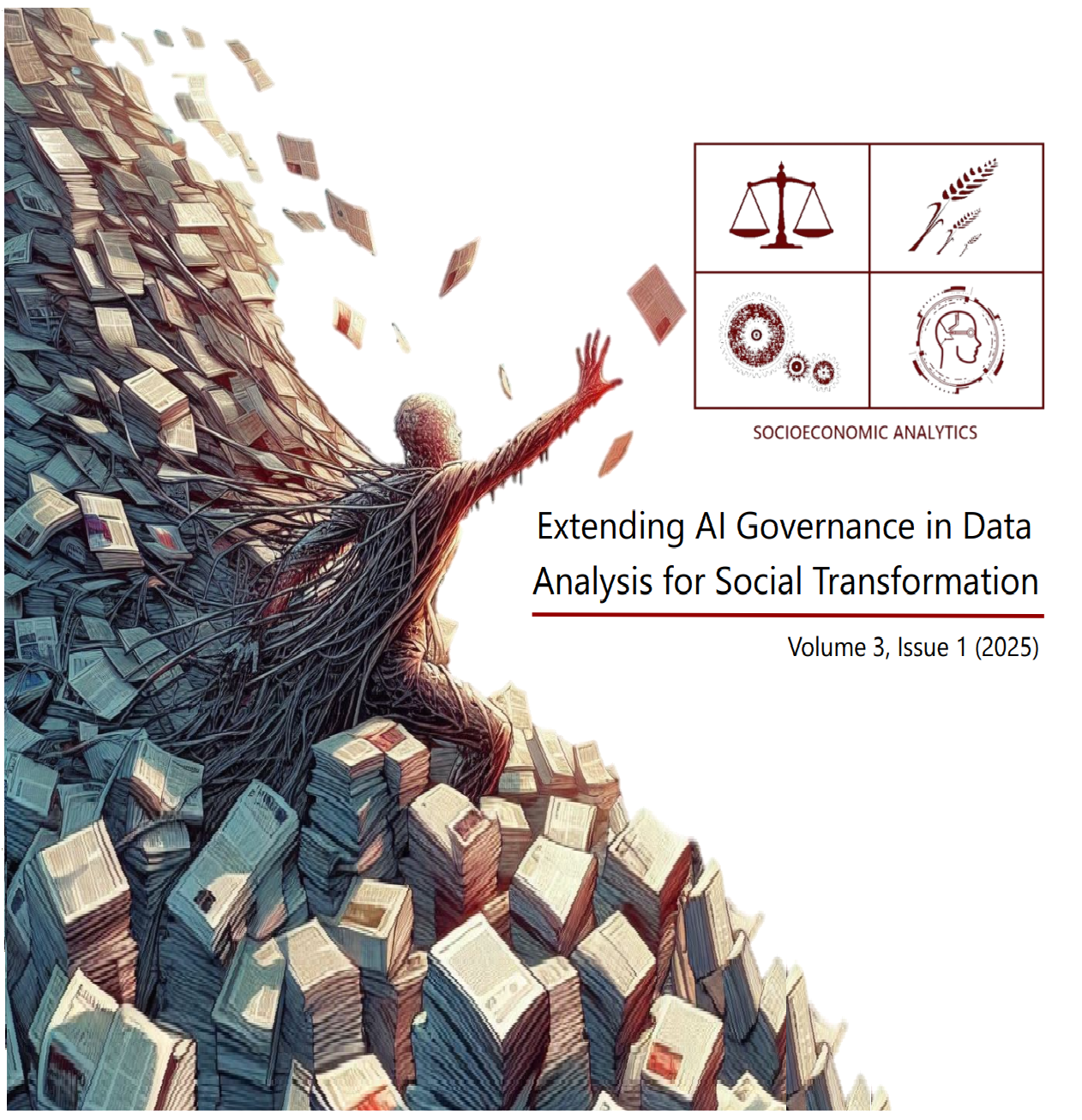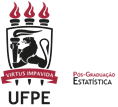Multicriteria analysis of Sustainability, Entrepreneurship, and Innovation indicators in the Sertão Region of Alagoas
DOI:
https://doi.org/10.29327/2565368.3.1-6Keywords:
Sustaineble Delopment Goals, Inovation, Cities of Alagoas, Multicriteria Analysis, Business IntelligenceAbstract
The analysis of Sustainable Development Goal (SDG) indicators aligned with entrepreneurship and innovation in the Alagoas hinterland (Sertão de Alagoas) is essential to understanding local dynamics and promoting balanced growth, supporting regional strategies and policies. The integration of sustainability with innovation can boost the local economy while preserving resources and promoting social equity. This study presents an analysis of sustainable development indicators in the Alagoas hinterland, based on a municipal perspective. The multicriteria method PROMETHEE II and Business Intelligence (BI) were used for data processing and dashboard creation. The mapping of SDGs revealed the innovative potential and critical areas in the region's municipalities. Municipalities with higher investments in education, technology, and infrastructure show greater potential for innovation and creative growth, while areas with significant deficiencies in infrastructure and quality of life face substantial challenges. The multicriteria analysis identified regional patterns and priority areas for intervention, providing a solid foundation for public policy formulation. These results offer valuable insights to promote more balanced and sustainable development, enabling a strategic approach to overcome barriers and foster a more favorable environment for innovation in the Alagoas hinterland.
References
Behzadian, M., Kazemzadeh, R. B., Albadvi, A., & Aghdasi, M. (2010). PROMETHEE: A comprehensive literature review on methodologies and applications. European Journal of Operational Research, 200(1), 198–215. https://doi.org/10.1016/j.ejor.2009.01.021
Borchardt, M., Pereira, G., Ferreira, A. R., Soares, M., Sousa, J., & Battaglia, D. (2021). Leveraging frugal innovation in micro- and small enterprises at the base of the pyramid in Brazil: an analysis through the lens of dynamic capabilities. Journal of Entrepreneurship in Emerging Economies, 13(5), 864–886. https://doi.org/10.1108/JEEE-02-2020-0031
Dam, M. M., Kaya, F., & Bekun, F. V. (2024). How does technological innovation affect the ecological footprint? Evidence from E-7 countries in the background of the SDGs. Journal of Cleaner Production, 443, 141020. https://doi.org/10.1016/j.jclepro.2024.141020
De Carvalho, V. D. H., Poleto, T., & Seixas, A. P. C. (2018). Information technology outsourcing relationship integration: a critical success factors study based on ranking problems (P.γ) and correlation analysis. Expert Systems, 35(1), e12198. https://doi.org/10.1111/exsy.12198
Dos Reis, M. C., & De Almeida, M. F. L. (2021). Quality infrastructure and innovation in the Brazilian information technology services: Evidence from the National Innovation Survey. Journal of Physics: Conference Series, 1826(1). https://doi.org/10.1088/1742-6596/1826/1/012025
Fischer, B., Guerrero, M., Guimón, J., & Schaeffer, P. R. (2021). Knowledge transfer for frugal innovation: where do entrepreneurial universities stand? Journal of Knowledge Management, 25(2), 360–379. https://doi.org/10.1108/JKM-01-2020-0040
Hossain, M., Park, S., & Shahid, S. (2023). Frugal innovation for sustainable rural development. Technological Forecasting and Social Change, 193, 122662. https://doi.org/10.1016/j.techfore.2023.122662
Lubowiecki-Vikuk, A., Dąbrowska, A., & Machnik, A. (2021). Responsible consumer and lifestyle: Sustainability insights. Sustainable Production and Consumption, 25, 91–101. https://doi.org/10.1016/j.spc.2020.08.007
Moreira, G. G., Dos Santos, R. J. R., De Carvalho, V. D. H., Rosário, F. J. P., & Dos Santos, A. J. (2024). Potential for Frugal Innovation in a Brazilian Regional System: A Study Based on a Multicriteria Approach. Societies, 14(6), 1–22. https://doi.org/10.3390/soc14060095
Paletta, A., & Bonoli, A. (2019). Governing the university in the perspective of the United Nations 2030 Agenda: The case of the University of Bologna. International Journal of Sustainability in Higher Education, 20(3), 500–514. https://doi.org/10.1108/IJSHE-02-2019-0083
Pedroso, I. D., Soares, M. A. F., Dutra, A. R. de A., Leal Vieira Cubas, A., Osório de Andrade Guerra, J. B. S., & Brem, A. (2023). Frugal innovation development for sustainability: The case of extractivism of the “Butia catarinensis” in Brazil. Journal of Cleaner Production, 412, 137318. https://doi.org/10.1016/j.jclepro.2023.137318
Ricciardi, F., Rossignoli, C., & Zardini, A. (2021). Grand challenges and entrepreneurship: Emerging issues, research streams, and theoretical landscape. Springer US. https://doi.org/10.1007/s11365-021-00771-5
Roy, B. (1996). Multicriteria methodology for decision aiding. Springer US. https://doi.org/10.1007/978-1-4757-2500-1
Roy, B., & Słowiński, R. (2013). Questions guiding the choice of a multicriteria decision aiding method. EURO Journal on Decision Processes, 1(1–2), 69–97. https://doi.org/10.1007/s40070-013-0004-7
Shahid, M. S., Hossain, M., Shahid, S., & Anwar, T. (2023). Frugal innovation as a source of sustainable entrepreneurship to tackle social and environmental challenges. Journal of Cleaner Production, 406, 137050. https://doi.org/10.1016/j.jclepro.2023.137050
Steven White, D., Gunasekaran, A., & H. Roy, M. (2014). Performance measures and metrics for the creative economy. Benchmarking: An International Journal, 21(1), 46–61. https://doi.org/10.1108/BIJ-03-2012-0017
Šūmakaris, P., Kovaitė, K., & Korsakienė, R. (2023). An Integrated Approach to Evaluating Eco-Innovation Strategies from the Perspective of Strategic Green Transformation: A Case of the Lithuanian Furniture Industry. Sustainability (Switzerland), 15(11). https://doi.org/10.3390/su15118971
Downloads
Additional Files
Published
Issue
Section
License
Copyright (c) 2025 Jaime Cirilo, Francisco Bahia Loureiro Junior, Altamir Washington de Moares Lima

This work is licensed under a Creative Commons Attribution-NonCommercial-NoDerivatives 4.0 International License.
Authors who publish with Socioeconomic Analytics retain the copyright of their work and agree to license it under a Creative Commons Attribution-NonCommercial-NoDerivatives 4.0 International (CC BY-NC-ND 4.0) license. This means that the work can be shared, copied, and redistributed in any medium or format, as long as it is not used for commercial purposes, and the original work is properly cited. The work cannot be changed in any way or used to create derivative works.










